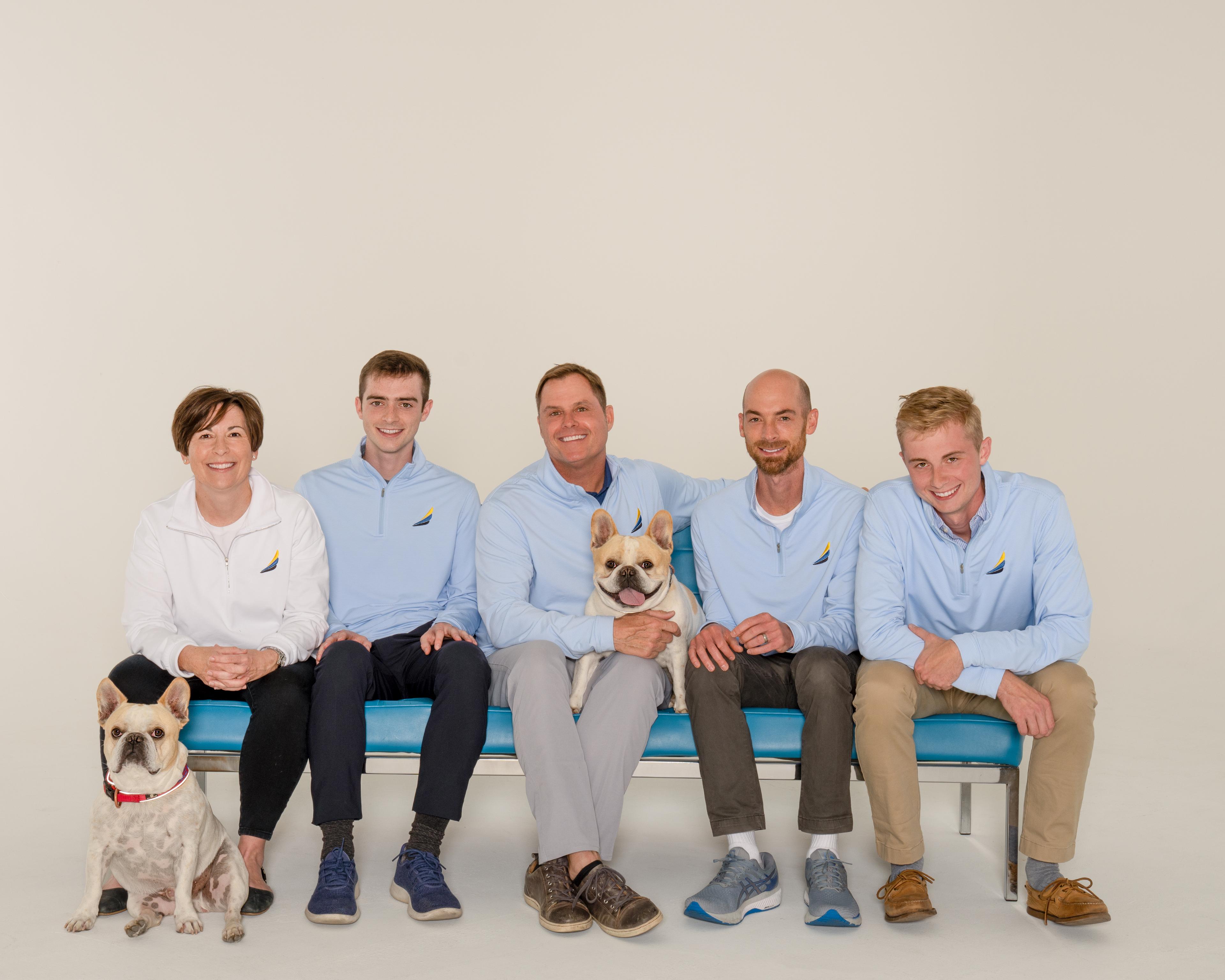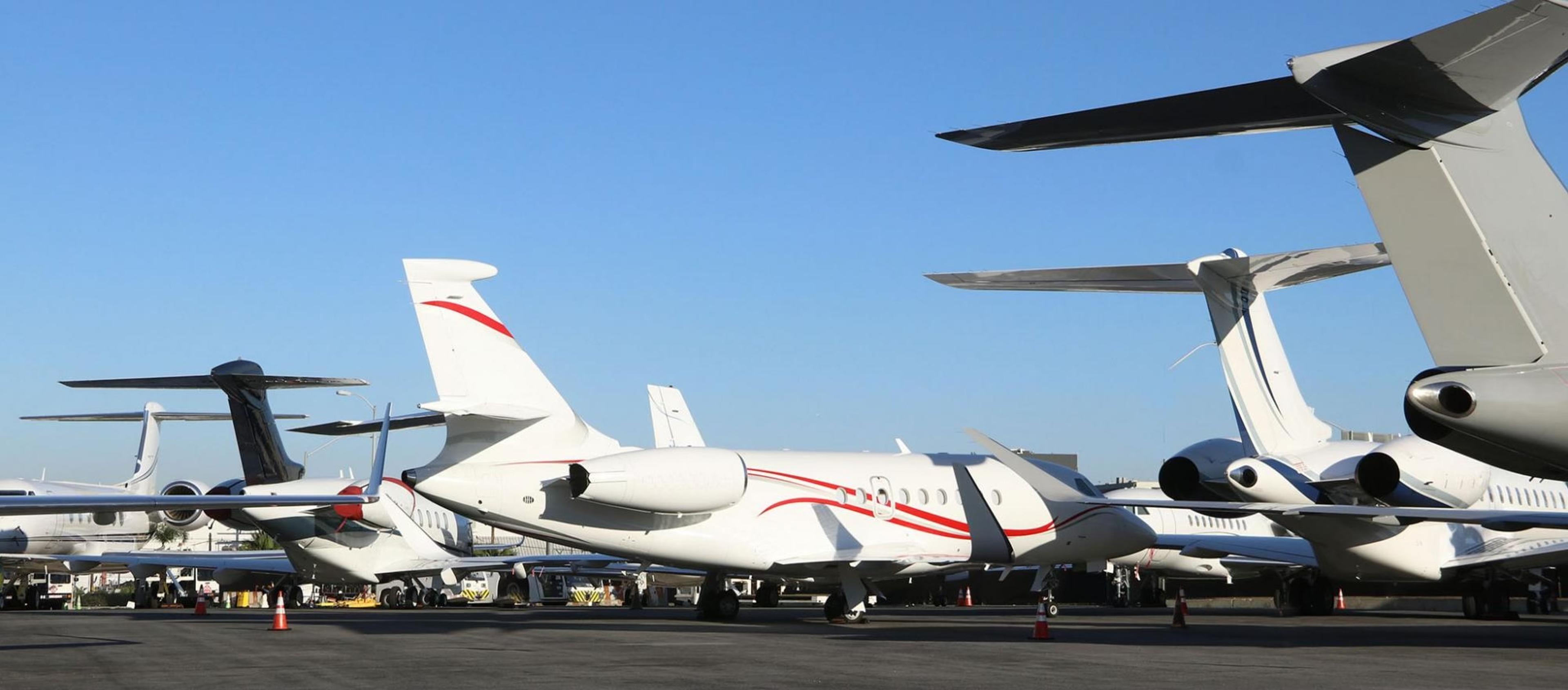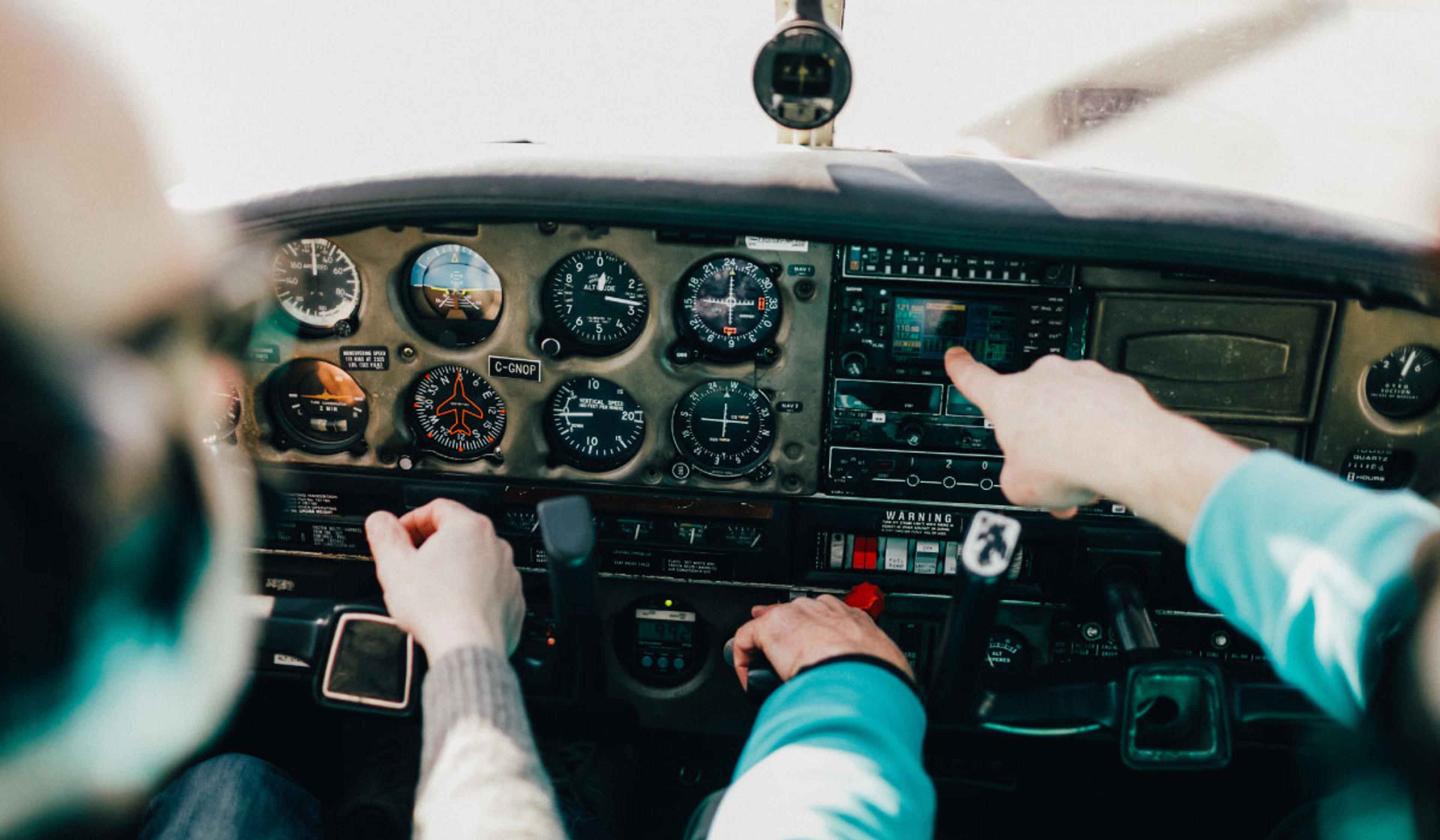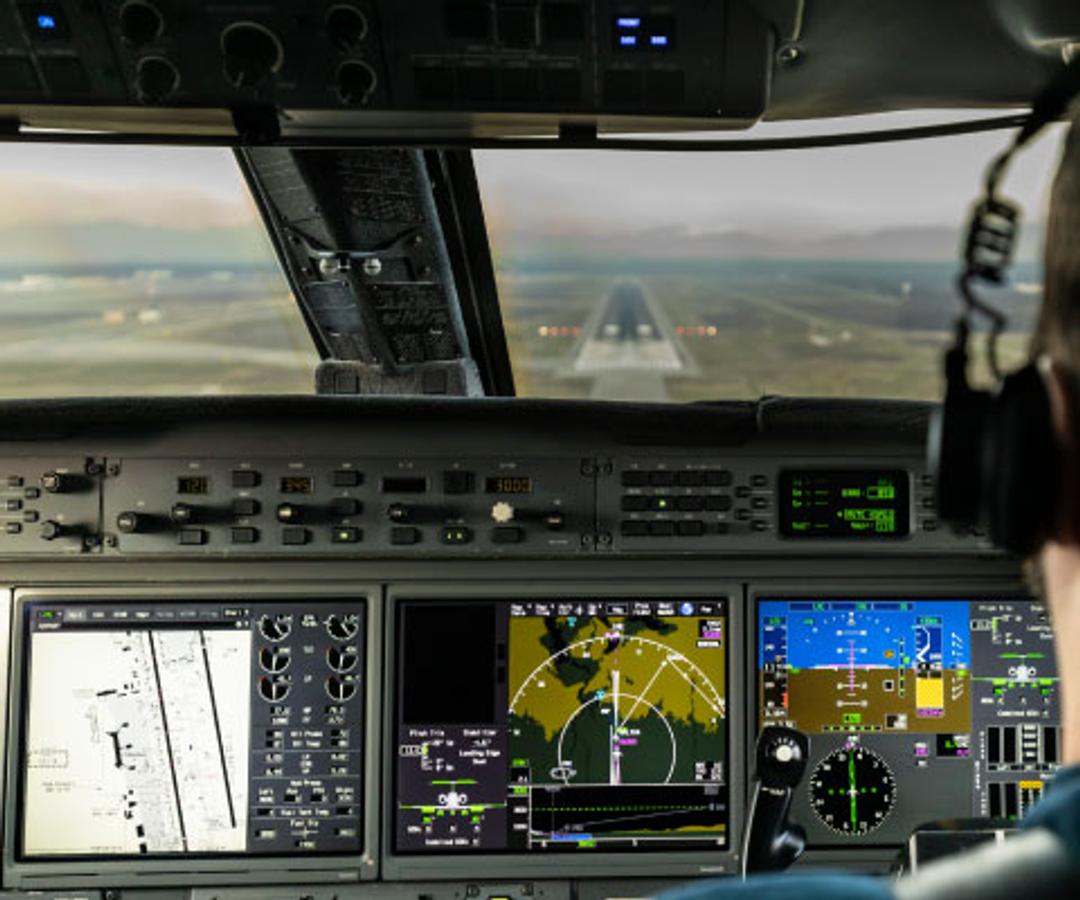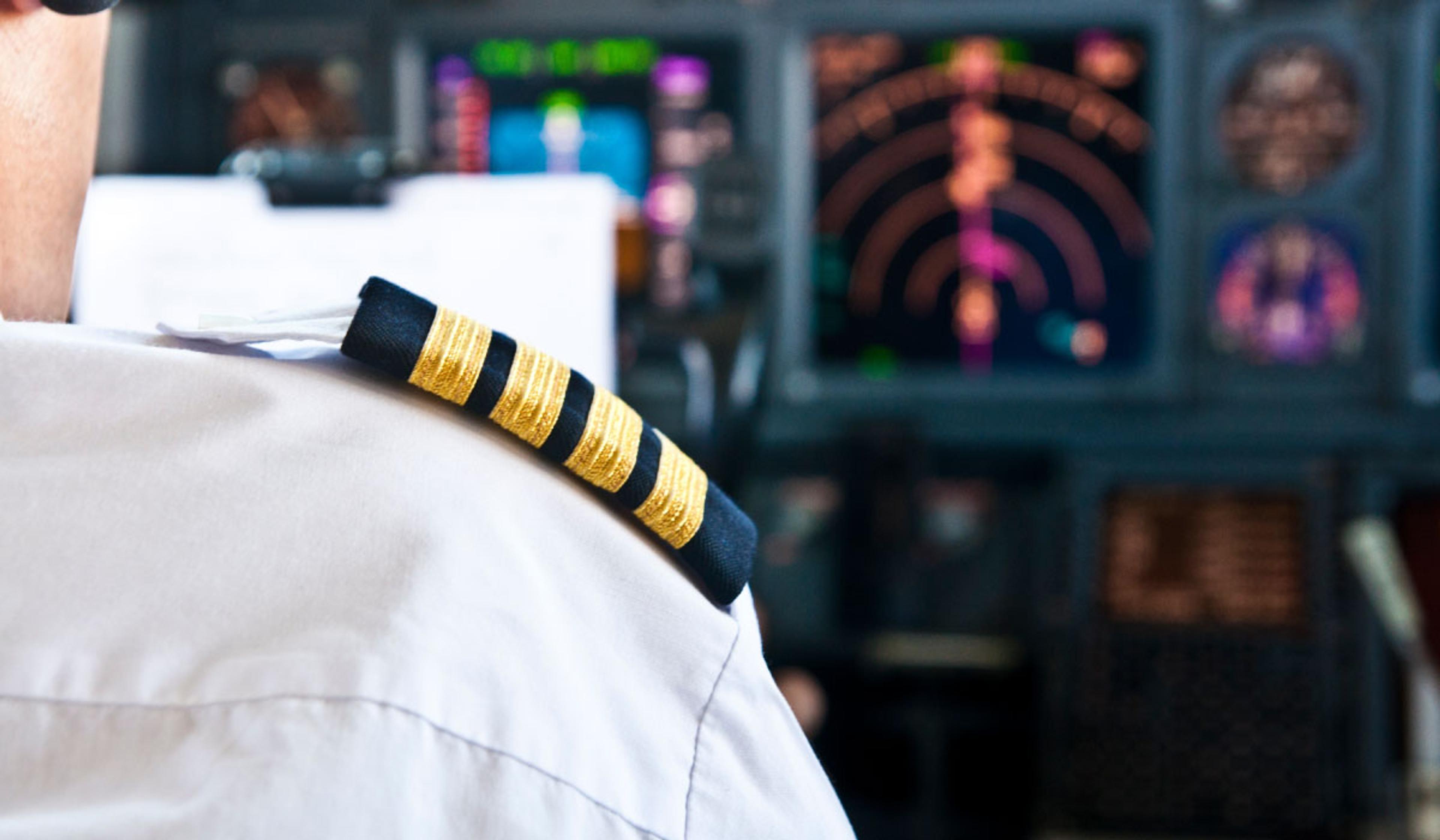
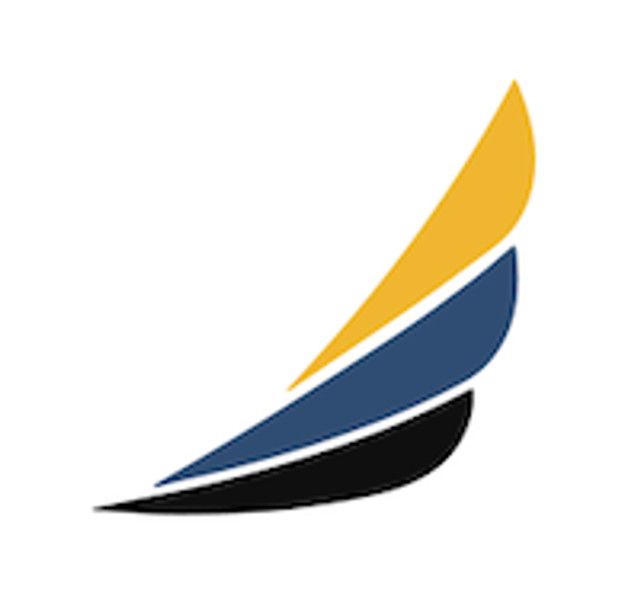
Industry-wide, pilot hiring is up. So is retirement. It's a time of transition for sure, and many pilots transitioning from the military, meeting the FAA age limit, or taking an early incentive to leave their current airline are not totally ready to hang up their headsets. For these pilots, charter and corporate aviation jobs, the type we are known for here at BizJetJobs, is a great alternative. Part 135, 91/91K flight departments are looking for mature and experienced pilots that will represent their company in a professional manner. We've heard it so many times: retiring pilots often worry that their age could be detrimental to their ability to find work in business aviation. But many companies we work with here at BizJetJbos view retiring pilots as an asset since they bring experience, leadership, CRM training, and years of formal flight training. The transition to business aviation can offer a welcome and lucrative option for pilots who want to keep flying. But business aviation has many cultural differences from airline flying. We at BizJetJobs are here to prepare you for the transition with expert advice from pilots in the know. View available corporate aviation jobs at the BizJetJobs Business Aviation Jobs board.
Tip #1: Business aviation is all about relationships.
As a retiring airline pilot transitioning to corporate aviation your prospective employer at a corporation like Starbucks or Mcdonald's knows that you are probably not aware of the customer relations aspect of the job. In the specialized world of flying commercially, your focus was flying the plane safely. As a contract pilot making his own way as a self-employed person, you’ll need to be more focused on making your client happy. This requires attention to detail, the ability to think on your feet, and a lot of hard work. But the payoff is a career you may enjoy even more than your previous one with an airline. As a corporate pilot, you might be flying sports teams around the U.S., or C-level executives. Your boss will expect you to be personable, courteous, and friendly to your passengers, giving them a more personal in-flight experience than you may be accustomed to. When a CEO asks, “where’s my limo?”, you’ll need to be able to help him. Business aviation is a lot more hands-on, and of course you need to keep your people happy. If the CEO of the company or owner of the aircraft decides to stay an extra day somewhere, you'll need to stay flexible about rearranging your personal schedule to accommodate him or her. But the upside is the opportunity to build relationships. Today's airline pilot is often locked behind the cockpit door for hours at a time. Business aviation gives you far more reason to network and build friendships, an attractive perk to retiring airline pilots. You never know when you might be able to help someone out, or when they might be able to help you.
Tip #2: Enjoy being a jack-of-all-trades
Your support network isn’t very large at all compared to an airline. In fact, your "support" may just be you! Just like at any small business, you'll be expected to wear many hats and be a "jack of all trades," which can be very satisfying for some former commercial airline pilots who were used to doing one thing and one thing only. You might need to put in about 1-2 hours of pre-flight work getting the plane ready for travel. Contract and corporate pilots are expected to tow out the plane, complete the fuel order (keeping fuel needs for the flight and prices in mind), file flight plans, be aware of no-tams, complete the flight inspection including, check the APU, get clearance, put the plane’s TVs on, distribute the passenger briefing sheet, help with baggage, and stay apprised of (and keep your passengers apprised of) weather and ground transportation at their destination. Your copilot can help with baggage, coffee, ice, and catering, but the buck stops with you. If you’re flying to Canada or somewhere else where the weather is cold, you’ll need to drain water out of the plane’s sinks and take sodas off so they don’t explode. It’s a lot of work and attention to detail, and your prospective corporate employer knows you are not accustomed to doing this type of “grunt work.” As a result, there’s a lot more technology available to business aviation pilots. This often fills in the gaps for the support network, but may feel like a hurdle for former airline pilots. Keep an open mind about learning the new technology. It might just make you a better pilot and person! If you're the type of person who enjoys new challenges, each business aviation flight can offer a puzzle that requires solving. It can be very fulfilling work, as you stretch and grow into new areas of your chosen field and career.
Tip #3: Log your hours
Performing your own flight planning and monitoring your flight hours to stay ahead of training requirements is something new for most former airline pilots. The airline tracks your hours and currency, and advises when you’re due for training. But in business aviation, the chief pilot might call out of the blue and tell you to take an online international flying course. It’s up to you, the pilot, to select the provider and ensure you're current.
Tip #4: Clear up misperceptions
Those making the move to business aviation from commercial airline flying will definitely encounter some hurdles. Flight departments believe airline pilots lack the "soft" customer service skills necessary in business aviation industry, which are not easily taught. Some corporate flight departments flat-out will not consider applicants from the airlines unless they also have previous experience in business aviation. A desire to work in the business aviation environment and an awareness of what that takes are key to clearing up misperceptions on the other side of the hiring desk. Demonstrate respect for what the job requires and do your research about the company's culture. An effective cover letter that shows your personality, enthusiasm for business aviation, and knowledge of the company's culture can also help convince a recruiter to take a closer look at your application. We have also noticed that resumes detailing soft skills, volunteer activities and hobbies generate more traction in business aviation.
Tip #5: Have fun test
One of the biggest upsides of business aviation is working with interesting people. You get to know them, you’re traveling to the same fun places they go, and you’re usually staying at or near the same hotel. These are typically much nicer than airline accommodations and will help you rack up rewards points for hotels and rental cars that you can use later on. Meals, activities, and other perks are also a big upgrade and more fun for most pilots. Ready to start preparing for Phase II of your aviation career? Bizjetjobs.com has an active aviation job board with many new job postings daily. We specialize in Corporate / Charter – Private Jet Aviation jobs. We know how competitive the Aviation job market is – we are dedicated to helping our Employers and Job Seekers find the perfect fit. Sign up for a 1-month, 3-month or year long subscription to our service here. Looking for pilot cover letter examples, pilot resume templates, sample pilot resumes, resume examples or formatting advice? Contact us at BizJetJobs.com from 8am-5pm CST. 402-253-7809

